While it was rumored that the iPhone 15 Pro models would be equipped with solid-state buttons, the devices ended up launching with traditional mechanical buttons. Attention has now shifted to whether the solid-state buttons will still happen with the iPhone 16 lineup next year, but there are conflicting rumors so far, as outlined below.
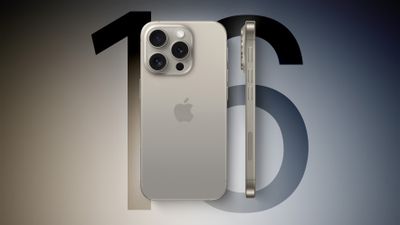
For context, solid-state buttons would provide haptic feedback when pressed to simulate the feeling of movement, similar to the Home button on the iPhone SE and the Force Touch trackpad on modern MacBooks. On the other hand, mechanical buttons actually move when pressed. All of the buttons on the iPhone 15 Pro models are mechanical, including the new Action button that provides quick access to an assigned function.
Benefits of solid-state buttons could include fewer mechanical parts that can break and improved water resistance. Solid-state buttons could also potentially sit flush with the iPhone's frame, allowing for a more seamless design.
Multiple analysts and a leaker claimed that Apple had tested solid-state buttons on prototype iPhone 15 Pro models, but the company apparently decided not to move forward with the change before mass production started due to "technical issues."
Apple supplier Cirrus Logic seemingly confirmed that the solid-state buttons had been canceled earlier this year, and it has seemingly touched on the topic again. In a shareholder letter this week, the supplier shared the following information:
Finally, during the quarter we completed the disposition of wafers associated with a new high-performance mixed-signal (HPMS) product that was previously expected to ship this year. As anticipated, the disposition did not have a material financial impact.
In an email, an equity research analyst at British bank Barclays informed us that Cirrus Logic disposed of these wafers due to Apple canceling the solid-state buttons on the iPhone 15 Pro models. The devices were expected to have additional Taptic Engines that provided haptic feedback when the buttons were pressed, and Cirrus Logic was expected to supply Apple with haptic drivers that would have enabled this functionality.
The analyst also told us that they do not expect iPhone 16 models to be equipped with solid-state buttons, given that Cirrus Logic has disposed of its related inventory for the project, but MacRumors contributor Marko Zivkovic believes otherwise. Last month, Zivkovic reported that the entire iPhone 16 lineup will be equipped with solid-state Action and "Capture" buttons. The purpose of the "Capture" button remains unknown, and he cautioned that Apple's plans could once again change as development progresses.
Zivkovic said the "Capture" button would be located below the power button on the right side of the iPhone 16 models, should it materialize. As a result, he said the mmWave 5G antenna window on iPhone 16 models sold in the U.S. would be moved to the left side of the devices, below the volume buttons. This rumor was seemingly corroborated this week by a leaker on Chinese social media platform Weibo, but it is unclear if the account independently confirmed the information, or if it was simply repeating the details shared by Zivkovic.
All in all, rumors about solid-state buttons for the iPhone 16 lineup do not align right now, with some sources expecting them and others not. As the launch of the devices next September draws closer, Apple's plans should become clearer.


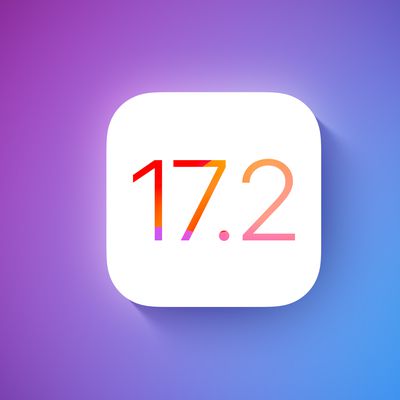
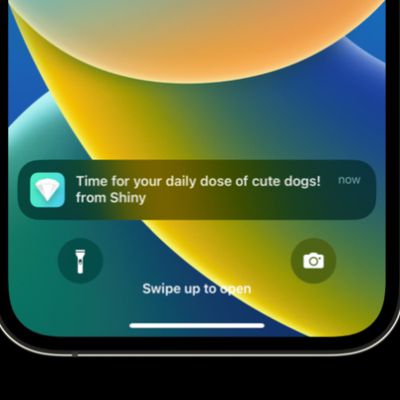

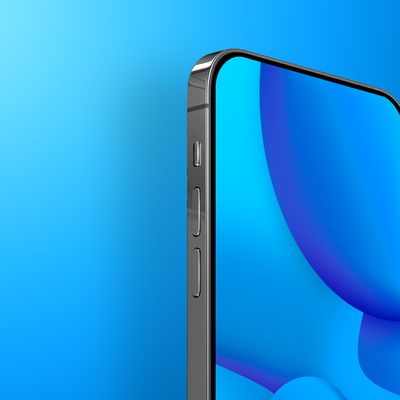
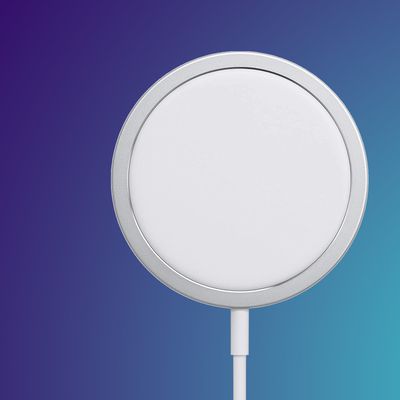
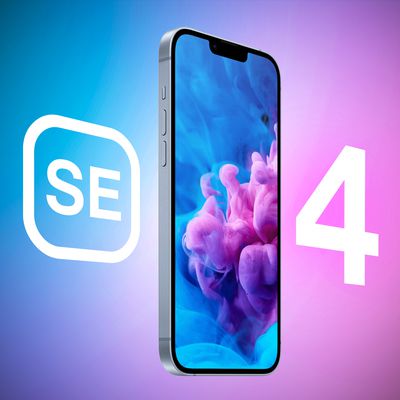

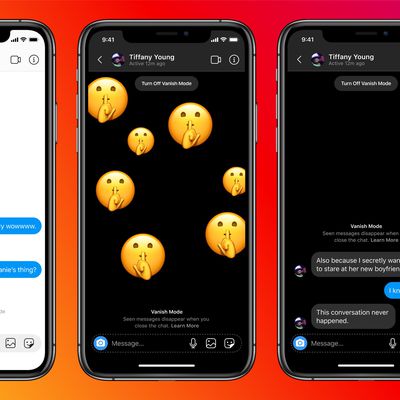


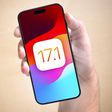








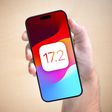

Top Rated Comments
I am against haptic as they offer no real value it's just to tout it as a difference, but there is no advantage in having a button turned into a non button.